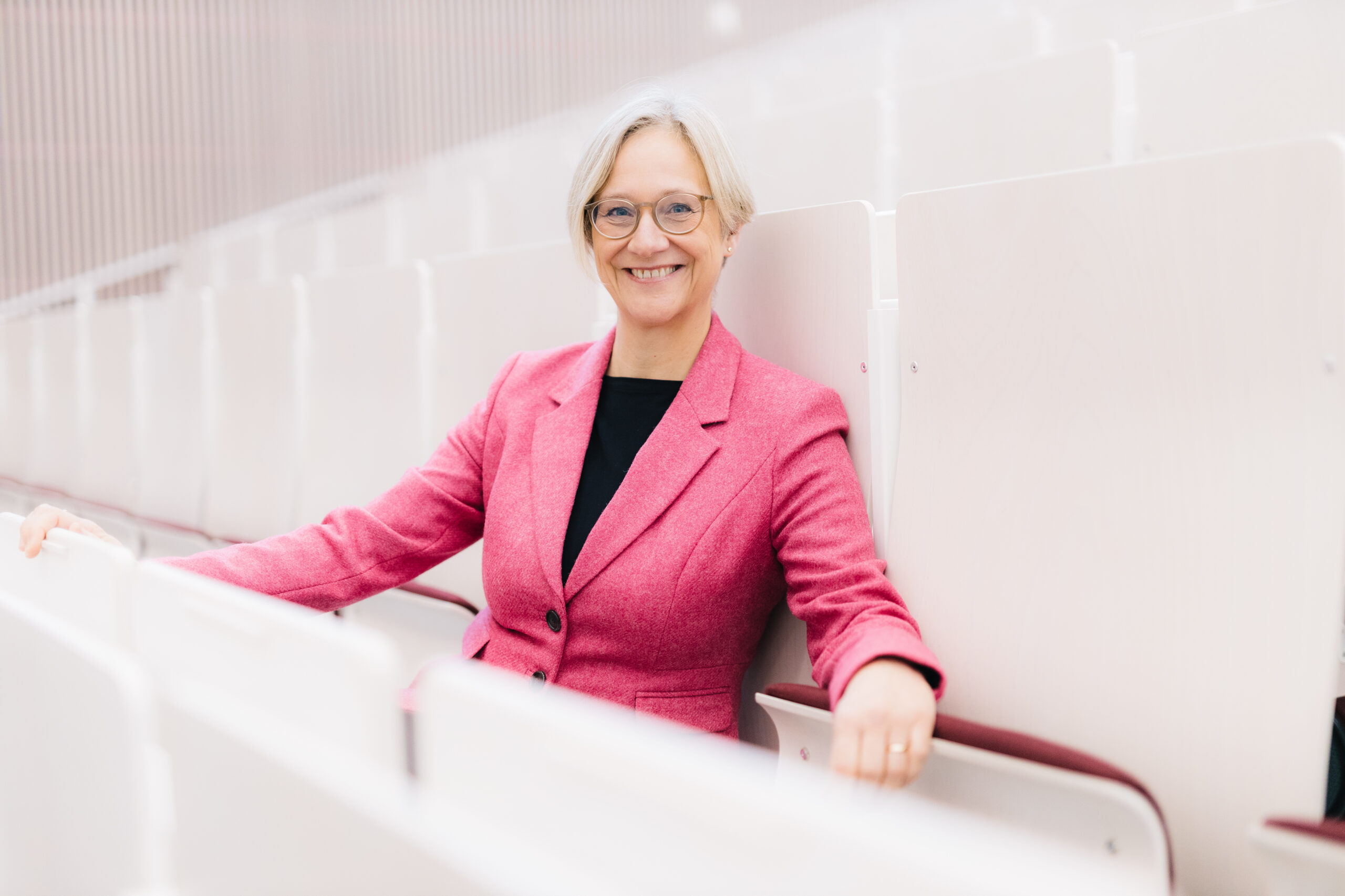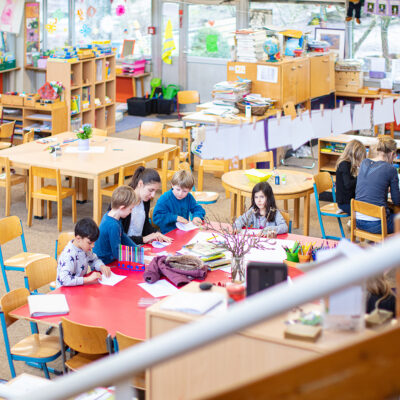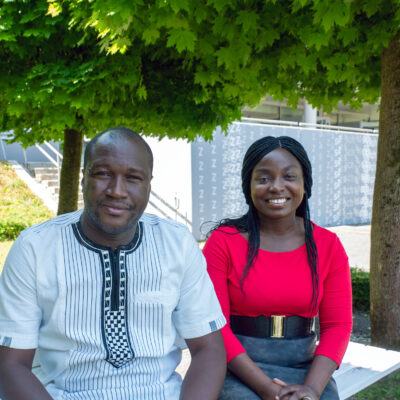Bielefeld University’s internationalisation success: the European Commission has selected seven new alliances to support as ‘European Universities’. One of these is the NEOLAiA consortium, in which Bielefeld University is involved together with eight other European higher education institutions. NEOLAiA’s motto is ‘Transforming Regions for an Inclusive Europe’. Over the next four years, the alliance will be funded as a joint ‘European University’ with a total of 14.4 million euros from EU resources. Bielefeld University will receive support to the tune of 1.7 million euros.
NEOLAiA is an alliance of the following higher education institutions: Bielefeld University, the University of Jaén (Spain), the University of Nicosia (Cyprus), Örebro University (Sweden), the University of Ostrava (Czech Republic), the University of Salerno (Italy), Ştefan-cel-Mare University of Suceava (Romania), the University of Tours (France), and Šiauliai State University of Applied Sciences (Lithuania)—all highly dynamic and ambitious universities ranging from small to medium in size. Since 2019, NEOLAiA has been developing existing cooperations, intensifying and expanding contacts between the nine higher education institutions and making Europe a direct experience for all participants—in study, research and teaching, and in their work. Each member university is responsible for one research area: international mobility of students, teachers and staff, joint research projects, entrepreneurship, interculturalism and plurilingualism, digital transformation, and sustainability. Bielefeld University coordinates the research area ‘Diversity and Inclusion Studies’ within the alliance.

By being funded as a ‘European University’, NEOLAiA creates new perspectives for research, teaching staff, students and staff of all participating partner universities.
• Students benefit from scholarship, mobility, and internationalisation opportunities for their own studies: from simplified recognition procedures for academic achievements, internship opportunities and qualification papers (e.g. bachelor’s or master’s dissertations) at one of NEOLAiA’s partner universities, to international study programmes within the consortium and active participation in shaping the alliance by student representatives.
• The research profiles of the individual universities can be teamed up with suitable colleagues and profiles from the partner universities, for example for joint scientific publications or international lectures. As an alliance of European Universities, the partner universities are now also in a position to submit new and different applications than before for highly endowed and prestigious funding formats.
• Teaching staff can design and further develop innovative international teaching formats with colleagues from the alliance and can enhance their own teaching with international perspectives: for example, by integrating international teachers and students from the network into their own teaching programmes or by using opportunities for mobility themselves.
• Employees can also take advantage of new mobility opportunities, such as gaining international experience through job shadowing at one of the other partner universities, improving their own foreign language skills and acquiring additional qualifications.
This year, 39 applications from previously unfunded consortia were submitted for funding as a European University. In early July, the European Commission selected NEOLAiA as one of seven new alliances. This brings the total number of alliances to 50, with more than 430 participating higher education institutions in 35 countries. In addition to all the EU countries, it also includes Iceland, Norway, Albania, Bosnia and Herzegovina, Montenegro, Northern Macedonia, Serbia, and Türkiye. By mid-2024, the number of European University alliances is expected to grow to 60—with more than 500 participating universities—in order to realise the goal of the European strategy for universities.
The funding for ‘European Universities’ is provided within the framework of Erasmus+ and pursues the goal that the alliances, with the help of the funding provided, will build sustainable European networks and cooperations from which the participating universities can benefit in many ways in the long term.

©




